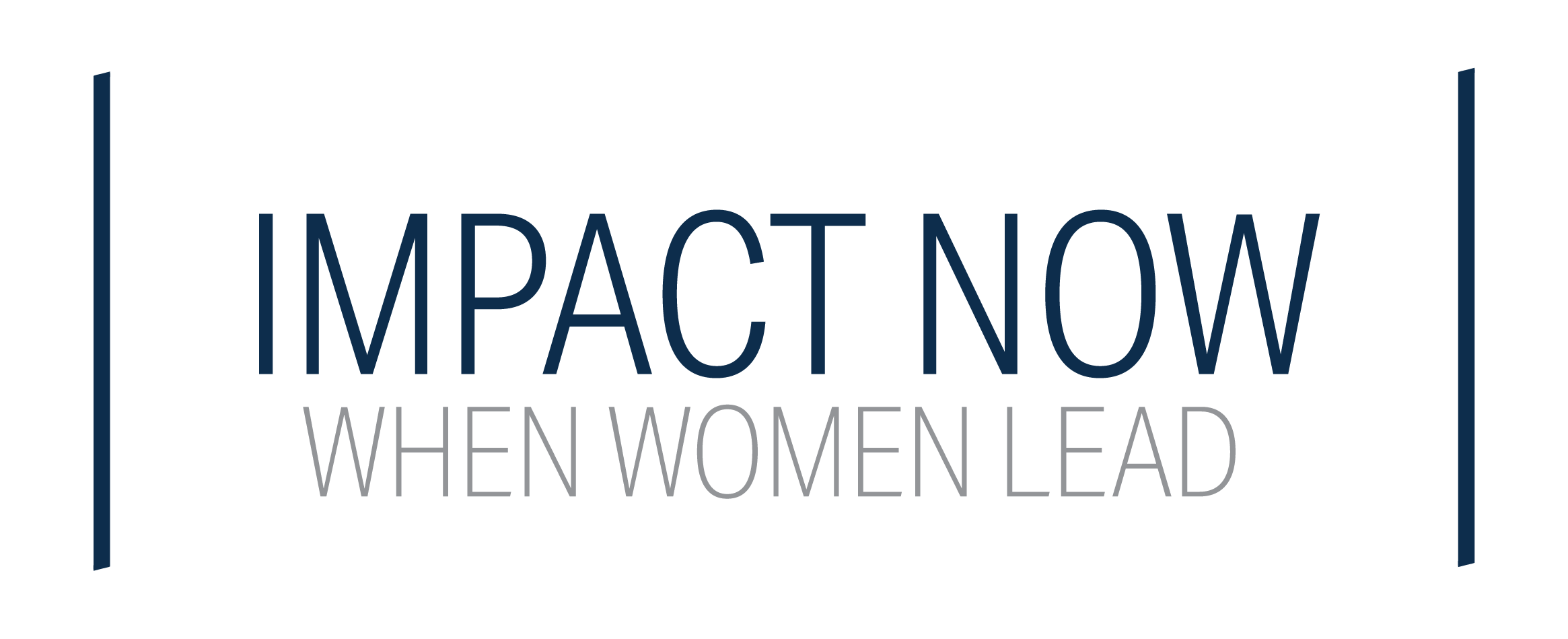In January, we began to explore Brené Brown’s work on emotions as presented in her book Atlas of the Heart. Our focus is on emotions in relationship to leadership. Last month we looked at the impact of uncertainty on leadership. Today, we will look at comparison.
According to Brown, while comparison is not a specific emotion, it is an activity we can’t avoid.
Brown describes comparison as, “the crush of conformity from one side and competition from the other—it’s trying to simultaneously fit in and stand out.” Comparison tells us, “Be like everybody else, but better.” Comparison is not an emotion, however, it “drives all sorts of big feelings that affect our relationships and our self-worth.” We experience fear, anger, shame, envy, jealousy, or resentment.
In the midst of any one of those emotions, we risk showing up in ways that hurt ourselves or others. We might lash out at others or isolate ourselves. We might become spiteful or sullen. Resentment may take hold. Sometimes we stay stuck in the comparison hotseat and avoid unpleasant tasks or neglect important work.
None of this is healthy.
As leaders we need to be aware of our tendency to compare ourselves, our work, and our organizations to others.
Here are a few things to watch for.
Recognize the dynamics at play and the emotions that arise. Acknowledge the fear, anger, shame, sadness, or resentment that bubble up. Emotions are just that. Emotions. We can’t change them. We can alter our thinking in response to them. We can make choices about how we’re going to respond to them and to the situation.
Be alert to when others begin to compare. When colleagues or teammates begin to compare themselves or your organization, call it out. Engage colleagues in healthy conversation to turn around the thinking. Coach staff to recognize the signs of comparison so they can avoid its damaging effects and learn how to reframe thought patterns.
Be mindful of your own tendencies to compare yourself to others. When do you compare yourself to others? Under what conditions? Are you tired? Hungry? Experiencing stress? What is your default response? Envy (wanting what someone else has)? Jealousy (fear of losing something you have to someone else)? When you notice the green-eyed monster peeking around the corner, face it down and scare it off.
Note when envy or jealousy arise. Brown offers some valuable questions to ask ourselves when we experience jealousy and envy:
- Am I fearful of losing something I value to another person, or do I want something someone else has?
- If I want something that someone else has, do I want to see them lose it, or is it not about that?
- If I’m scared I’m losing something important to me, what kind of conversation do I need to have with that person?
Be curious. Curiosity is a valuable tool to unpack the feelings associated with comparison. When fear, anger, resentment, envy, or jealousy arise in ourselves or our team, be curious. What’s going on underneath? What are you gaining or losing by staying stuck in comparison mode? How does comparing yourself to others help you or hurt you? How does it help or hurt the other? What is the impact of comparison upon the associated relationships?
Sure, sometimes comparing ourselves and our work to others can be helpful. It can encourage healthy competition. It can initiate new possibilities and promote creativity.
What’s important is to recognize when comparison promotes discord or disconnection.
We may be hardwired to compare and have little ability to avoid comparing ourselves to others. However, we have a choice in how to respond. We can let comparison disrupt our team, or we can demonstrate good leadership and cultivate connection and healthy relationships.

